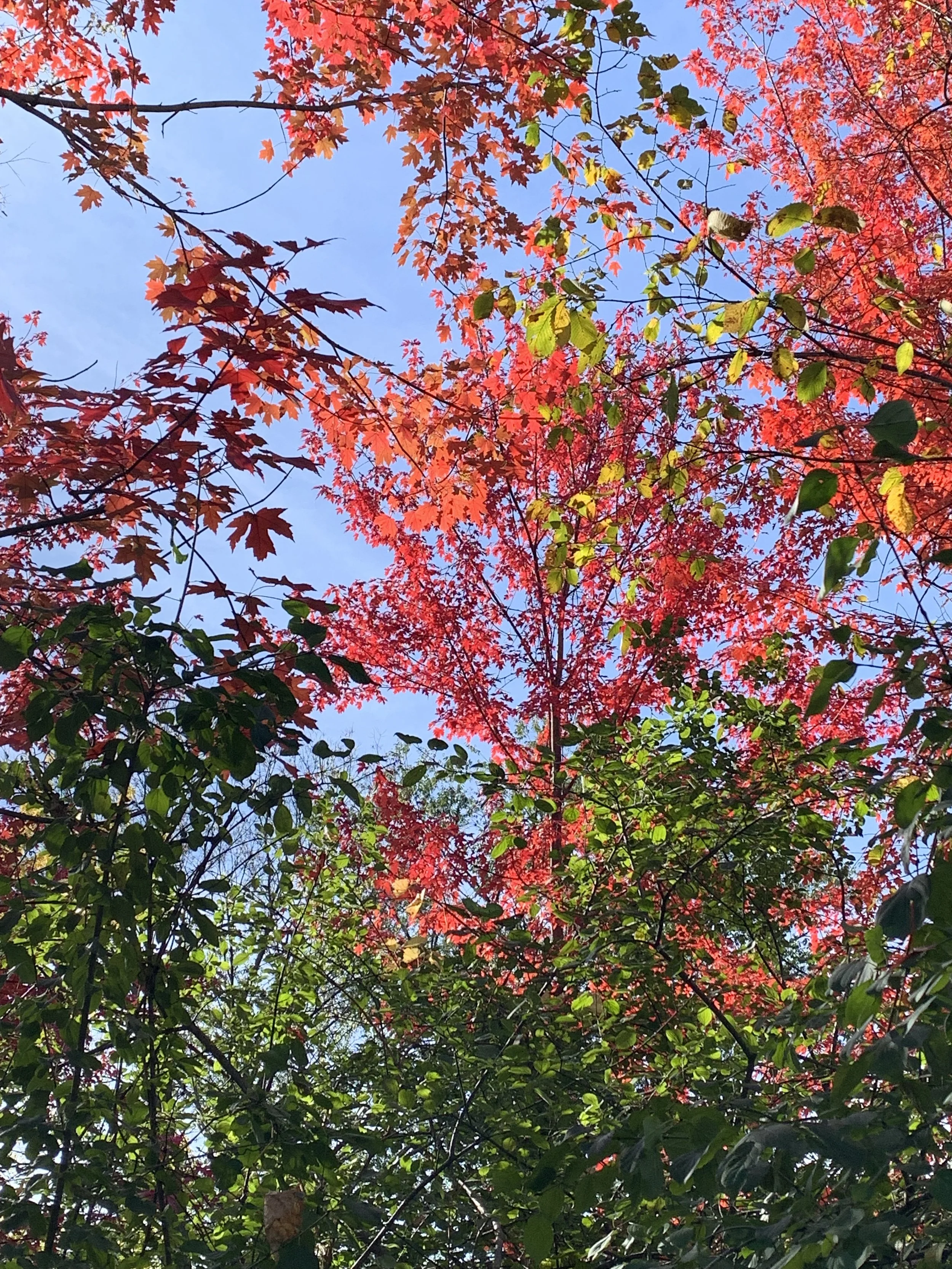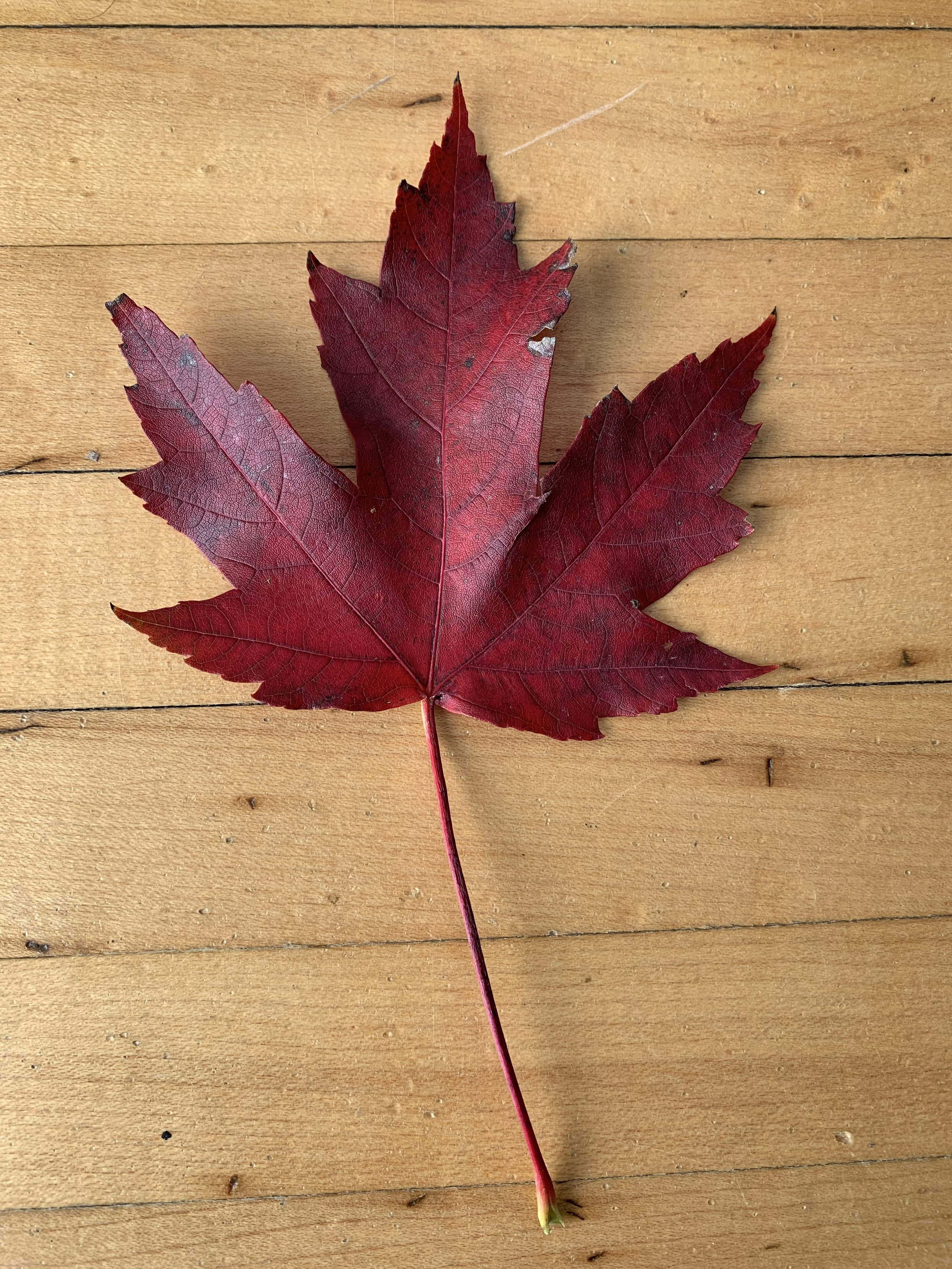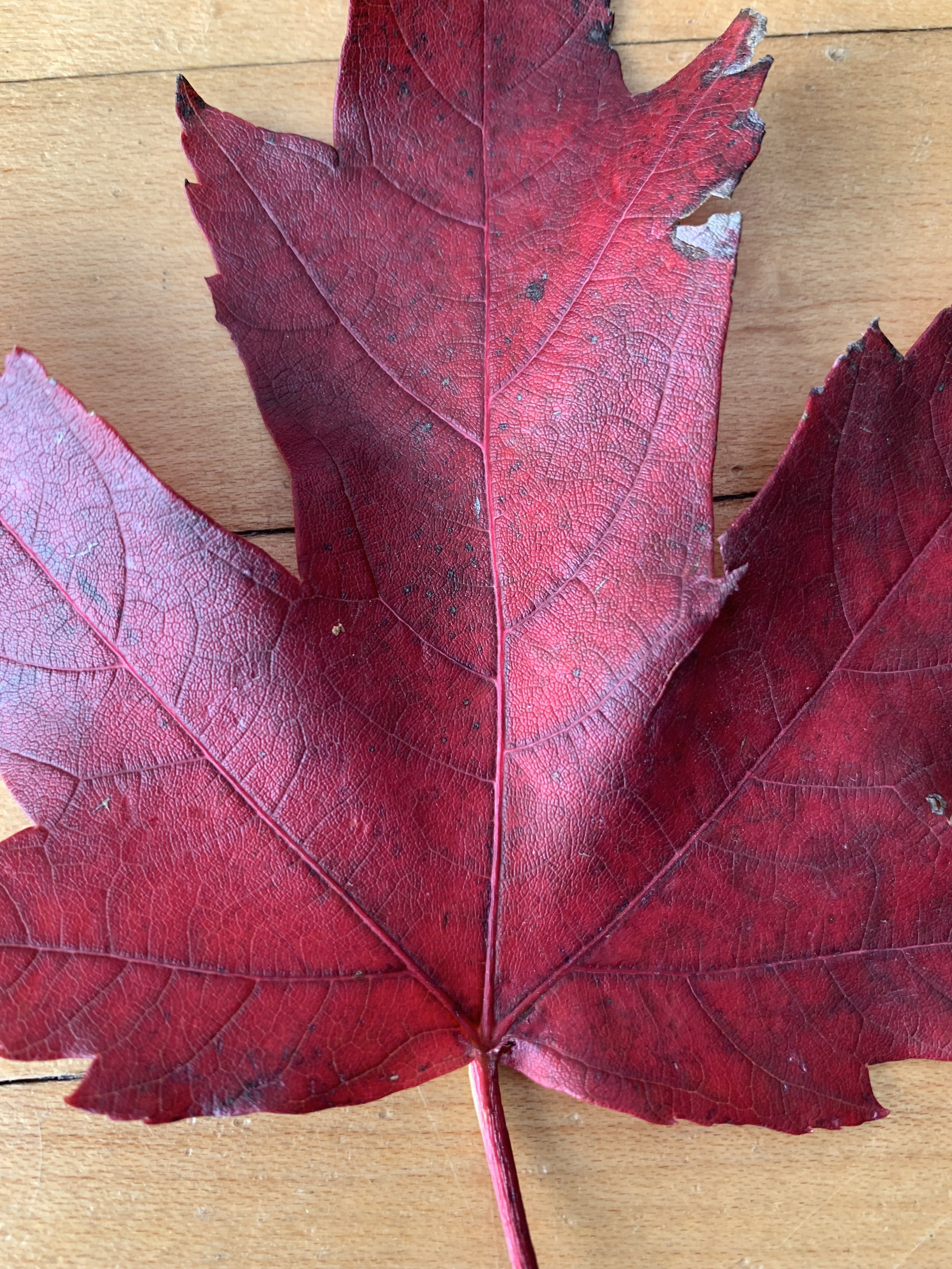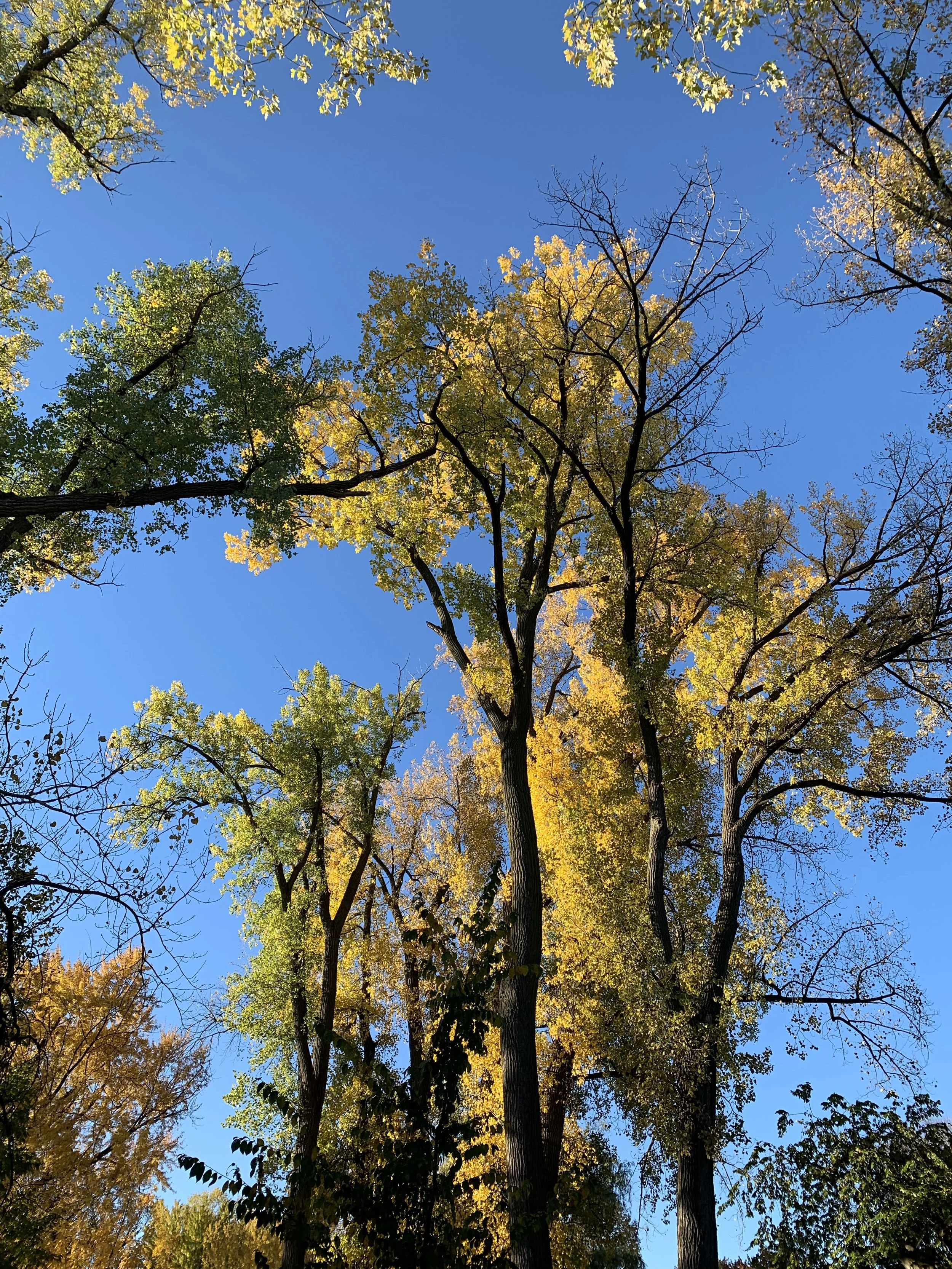… a disturbance of words within words / that is a field folded …
These phrases unfurl and echo in my mind as I think about fractals (is an echo a sound fractal?) and what I’ve just learned from an article in Nautilus, “Is Consciousness Fractal” by Jordana Cepelewicz: even beyond the visual examples we’re used to—the Milky Way galaxy, a nautilus shell, a tree, mountain relief, veins—fractals are also in the structured creations of the human mind such as literature, classical music, and a Zen garden, and when experienced, they calm us. Maybe one reason forest bathing works, or why, walking or running, I often feel ecstatic, is that we bathe our visual cortex in fractals, soothing the mind with the deeply, primordially familiar.
Noticing signs of calm is likely only the surface of the layered manifestations of a fractal consciousness, that layers experience and memory constantly, becoming “a field folded”:
Often I am permitted to return to a meadow
as if it were a given property of the mind
that certain bounds hold against chaos…
These phrases have echoed in my consciousness since college, when I discovered Robert Duncan, from whose poem “Often I Am Permitted to Return to a Meadow” the lines come. He was drawn to fractals, before the word was invented, and his poems were like fields folded, ramifying with references to roots and branches, and Yggdrasil the world tree from Norse mythology that stood at the center of the cosmos.
(The poem was playing at the periphery of my mind when I was editing Nona Orbach’s book, The Good Enough Studio, because she was interested in the phenomenon of permission in the process of art therapy. I sent her the poem, and she incorporated it into the final words of the book. Soon after that book became, in her words, “an object in the world,” she called on me again to work with her in the process of unfolding a new book, this time focused entirely on permission as a central human dynamic.)
Duncan’s poem, published in The Opening of the Field in 1960, has fractal aspects, with the folds of rhyme and near-rhyme, repetitions, and references to places of the mind; the “disturbance”—from dis + turbare to throw into disorder—“of words within words” exists within the meadow in the mind that marks a boundary “against chaos.”
The word fractal was a neologism of mathematician Benoit Mandelbrot in 1975 to describe what had been observed for hundreds of years, the phenomenon of self-similarity in structures of nature both spatial and temporal. The word derives from the past participle of Latin frangere, to break; each break creates a fragment that evokes both the whole and the finer fragments of which it is made. Mathematically, it is a “curve such that any small part of it, enlarged, has the same statistical character as the original” (OED).
One could say that Alan Watts saw the fractal nature of reality: “The fact that every organism evokes its own environment must be corrected with the polar or opposite fact that the total environment evokes the organism” (104). But we are out of touch with this reality:
…we have lacked the proper self-respect of recognizing that I, the individual organism, am a structure of such fabulous ingenuity that it calls the whole universe into being. In the act of putting everything at a distance so as to describe and control it, we have orphaned ourselves both from the surrounding world and from our own bodies—leaving “I” as a discontented and alienated spook, anxious, guilty, unrelated, and alone. (105)
Immersion in fractal forests may soothe, too, because it brings a sense of belonging by the most direct route, pre-verbally and without relation to self, a corrective to the self-absorbed false belief that we are separate.
“We do not ‘come into’ this world; we come out of it, as leaves from a tree. ... Every individual is an expression of the whole realm of nature, a unique action of the total universe.”
Quotes are from:
Robert Duncan, The Opening of the Field, Grove Press / New Directions, 1960.
Alan Watts, The Book: On the Taboo Against Knowing Who You Are, New York: Vintage, 1966.



